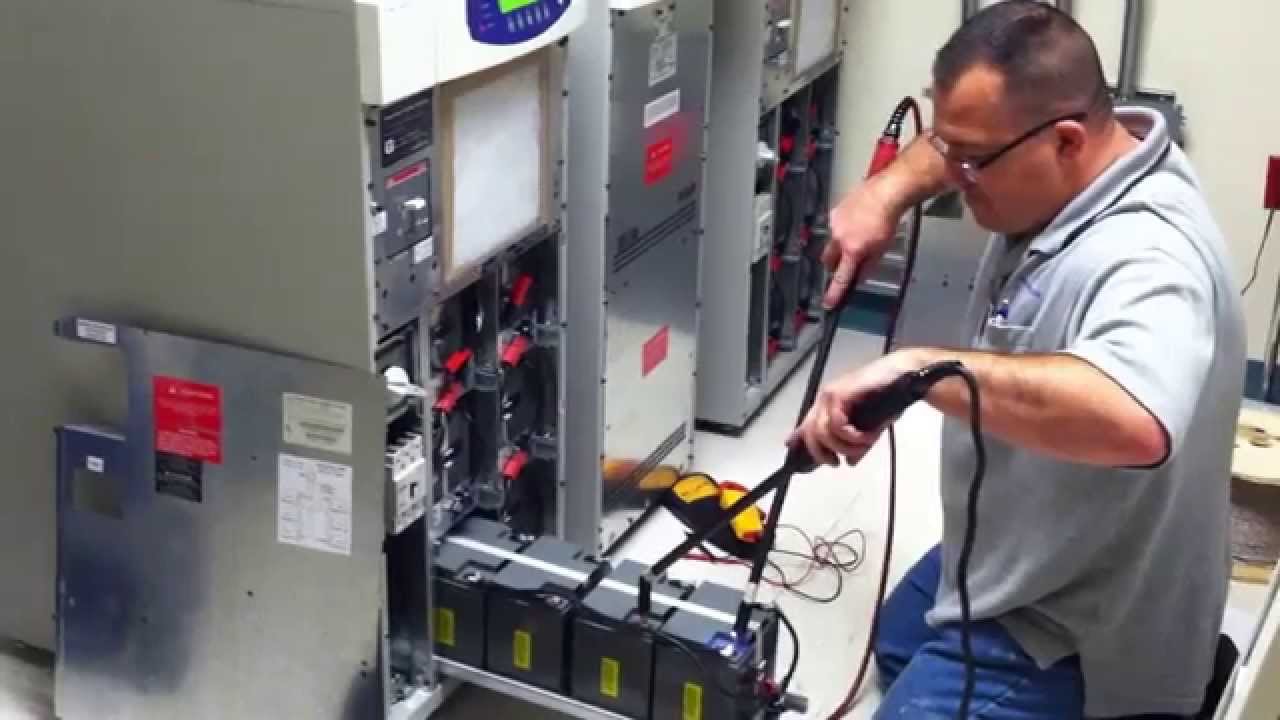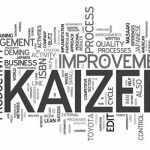Course Overview:
The course on “Preventive and Predictive Maintenance for Equipment and Machinery” focuses on modern approaches to maintaining equipment and machinery to ensure operational continuity and minimize breakdowns. It emphasizes the importance of preventive maintenance in improving the efficiency of devices, while predictive maintenance contributes to forecasting future failures based on data analysis. The course aims to equip participants with the knowledge and skills necessary to implement modern maintenance strategies in various work environments.
Course Objectives:
- Understand the theoretical and practical foundations of preventive and predictive maintenance.
- Learn about the tools and techniques for data analysis used in predictive maintenance.
- Improve planning and execution skills for preventive maintenance.
- Reduce costs associated with unexpected breakdowns.
- Enhance work efficiency through the application of effective maintenance strategies.
Training Content:
- Introduction to maintenance: Types and importance.
- Differences between preventive and predictive maintenance.
- Strategies for preventive maintenance: Planning and implementation.
- Tools and techniques for predictive maintenance: Statistical analysis, vibration analysis, oil analysis, etc.
- Methods for collecting and analyzing data to predict failures.
- Designing effective maintenance programs.
- Case studies demonstrating the application of maintenance strategies in various organizations.
- Performance evaluation and improvement of maintenance systems.
Target Audience:
This course is aimed at engineers and technicians working in maintenance and operations, maintenance managers, equipment supervisors, engineering students, and quality management professionals. It is also suitable for those responsible for improving production processes and reducing operational costs in manufacturing companies and industries.






